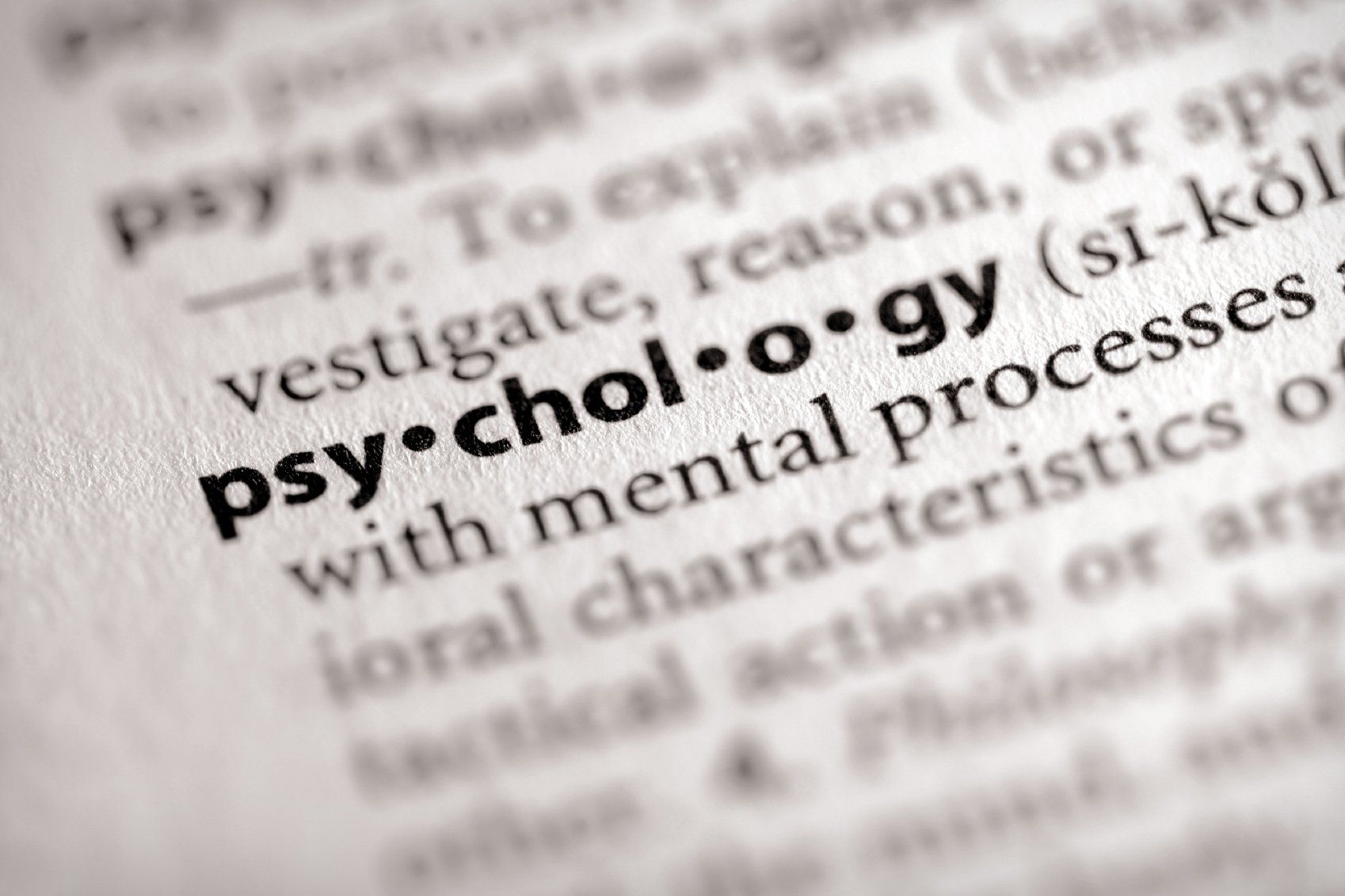Aversive Childhood Disorder
Adverse Childhood Experience?
Adverse Childhood Experiences or ACEs are experiences such as neglect, abuse, and other traumatic events that individuals experience in childhood. Traumatic early life events can have a strong and enduring effect lasting throughout adulthood. Over 45% of children have been affected by ACEs. According to the Center for Disease Control and Prevention (CDC) 1 out of 6 adults experience 4 or more ACEs. Traumatic experiences are linked to major illnesses and social problems. These include depression, chronic lung disease, diabetes, and heart disease. Over the past decades the interest in ACES has increased drastically.
Type of ACEs
Abuse
- Physical Abuse
- Emotional Abuse
- Sexual Abuse
Neglect
- Physical Neglect
- Emotional Neglect
Household Dysfunction
- Mental Illness
- Domestic Violence
- Divorce
- Substance Abuse
- Incarcerated Relative
Types of Trauma
Acute
Single Traumatic Event
Acute trauma can cause extreme emotional destress. Acute trauma includes:
- Car Accidents
- Assault
- Witness to Violence
Chronic
Multiple Traumatic Events
Chronic trauma occurs over a period of time. Chronic trauma includes:
- Bullying
- Domestic Violence
- Child Abuse
Complex
Multiple Repetitive Traumatic Events
Complex trauma occurs at a developmentally sensitive time in life often in early childhood. Complex trauma includes:
- Homelessness
- Prolonged Neglect
- Prisoner in War Camps

Historical or Intergenerational Trauma
Multigenerational Trauma Experienced by a Single Group
Trauma that is experienced in the past can affect individuals in the present day. This form of trauma is being passed through generations. Historical or intergenerational Trauma includes:
- Oppression
- Imprisonment
- Displacement
- Genocide
